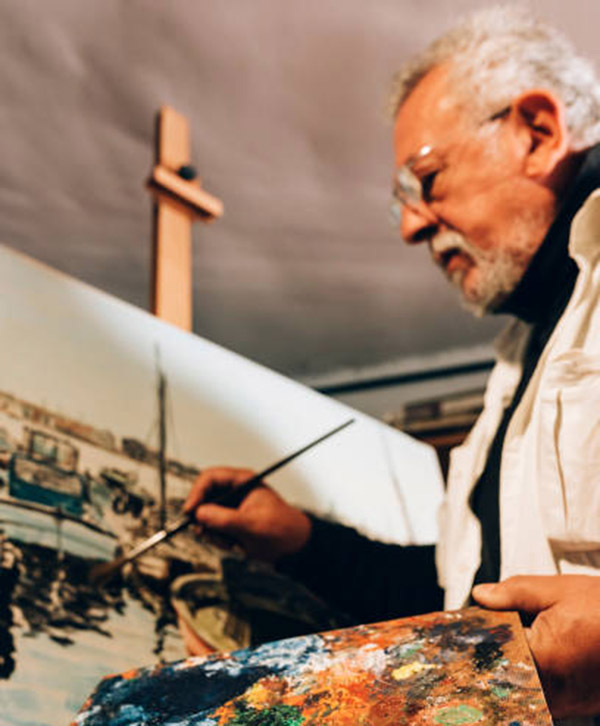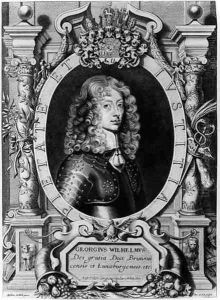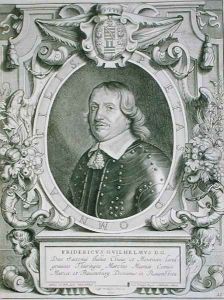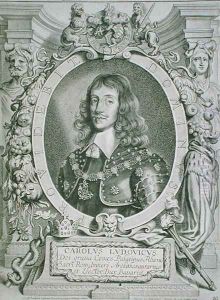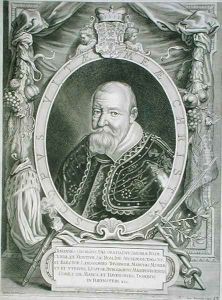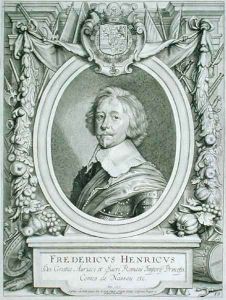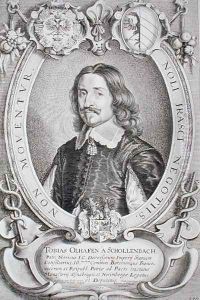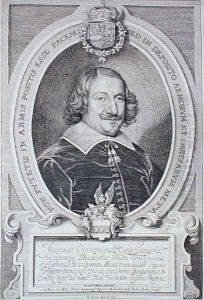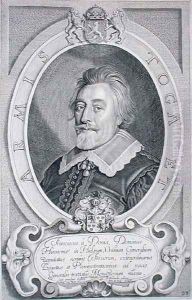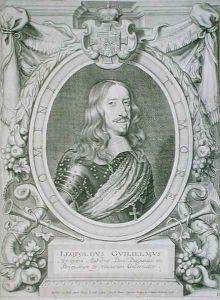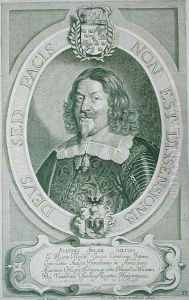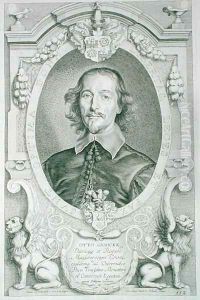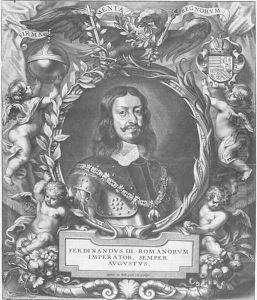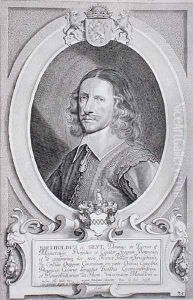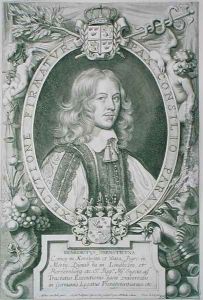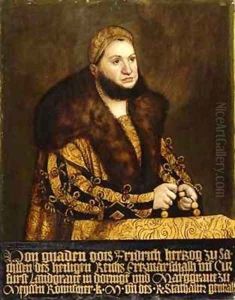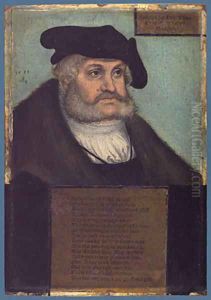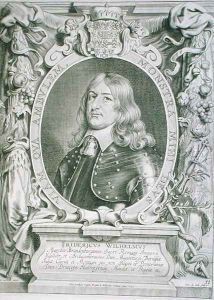





Frederick William 1620-88 Elector of Brandenburg
-
About Reproduction
Discover the allure of art with our faithful reproduction of "Frederick William 1620-88 Elector of Brandenburg", originally brought to life by the talented Anselmus van Hulle. Unlike posters or prints, our hand-painted oil painting breathes an unique sense of depth and texture into your space. Every detail, every stroke, and every texture is meticulously recreated, paying the perfect homage to Anselmus van Hulle and his artistic vision.
Owning this piece is more than just decoration - it's a statement of your refined taste in art. Let the vibrant colors and intricate details of this replica serve as a daily reminder of the beauty in our world. Elevate your decor and appreciate the richness of art with our replica of this masterpiece.
-
Painting Description
Frederick William, also known as the "Great Elector," was a pivotal figure in the history of Brandenburg-Prussia, ruling as Elector from 1640 until his death in 1688. Born on February 16, 1620, in Berlin, Frederick William was a member of the House of Hohenzollern. His reign marked a significant period of transformation and consolidation for Brandenburg-Prussia, laying the groundwork for the future Kingdom of Prussia.
Frederick William inherited a fragmented and war-torn territory during the Thirty Years' War, a conflict that had devastated much of Central Europe. Despite these challenges, he demonstrated remarkable political and military acumen. One of his most notable achievements was the reorganization and strengthening of the Brandenburg-Prussian military, which became one of the most efficient and disciplined forces in Europe. This military prowess allowed him to secure and expand his territories, notably through the Treaty of Westphalia in 1648, which ended the Thirty Years' War and granted him significant territorial gains.
Economically, Frederick William implemented mercantilist policies to stimulate trade and industry. He encouraged immigration, particularly of skilled laborers and artisans, to revitalize the economy. His policies led to the development of a more centralized and efficient state administration, reducing the power of the local nobility and increasing the authority of the central government.
Culturally, Frederick William was a patron of the arts and education. He founded the University of Duisburg in 1655 and supported the establishment of the Berlin Academy of Sciences. His reign saw a flourishing of cultural and intellectual life, contributing to the broader European Enlightenment.
Frederick William's legacy is profound; he is often credited with laying the foundations for the rise of Prussia as a major European power. His efforts in state-building, military reform, and economic development set the stage for the future successes of his descendants, including Frederick the Great. Frederick William died on April 29, 1688, in Potsdam, leaving behind a strengthened and more cohesive Brandenburg-Prussia.
-
Lead Time & Shipping
When you order this oil painting replica, it typically takes 2-3 weeks to paint. If the artwork is more complex, it might need a little more time to ensure the best quality. Once it's ready, we'll send you a photo for your approval. After you give the green light, we'll ship it to you for free.
-
Return & Refund
We believe in the quality of our hand-painted oil painting reproductions, and your satisfaction is our priority. If for any reason, you are not completely satisfied with your purchase, we offer a 45-day return policy. You can return your artwork within 45 days of receipt and receive a full refund. Please note that the artwork must be returned in the original packaging and in the same condition as it was received.

